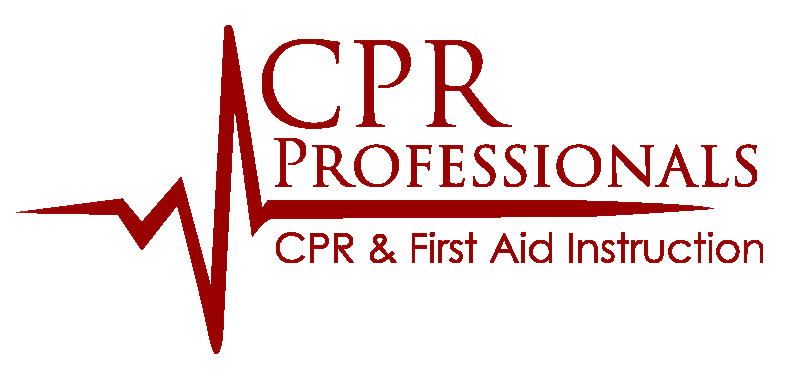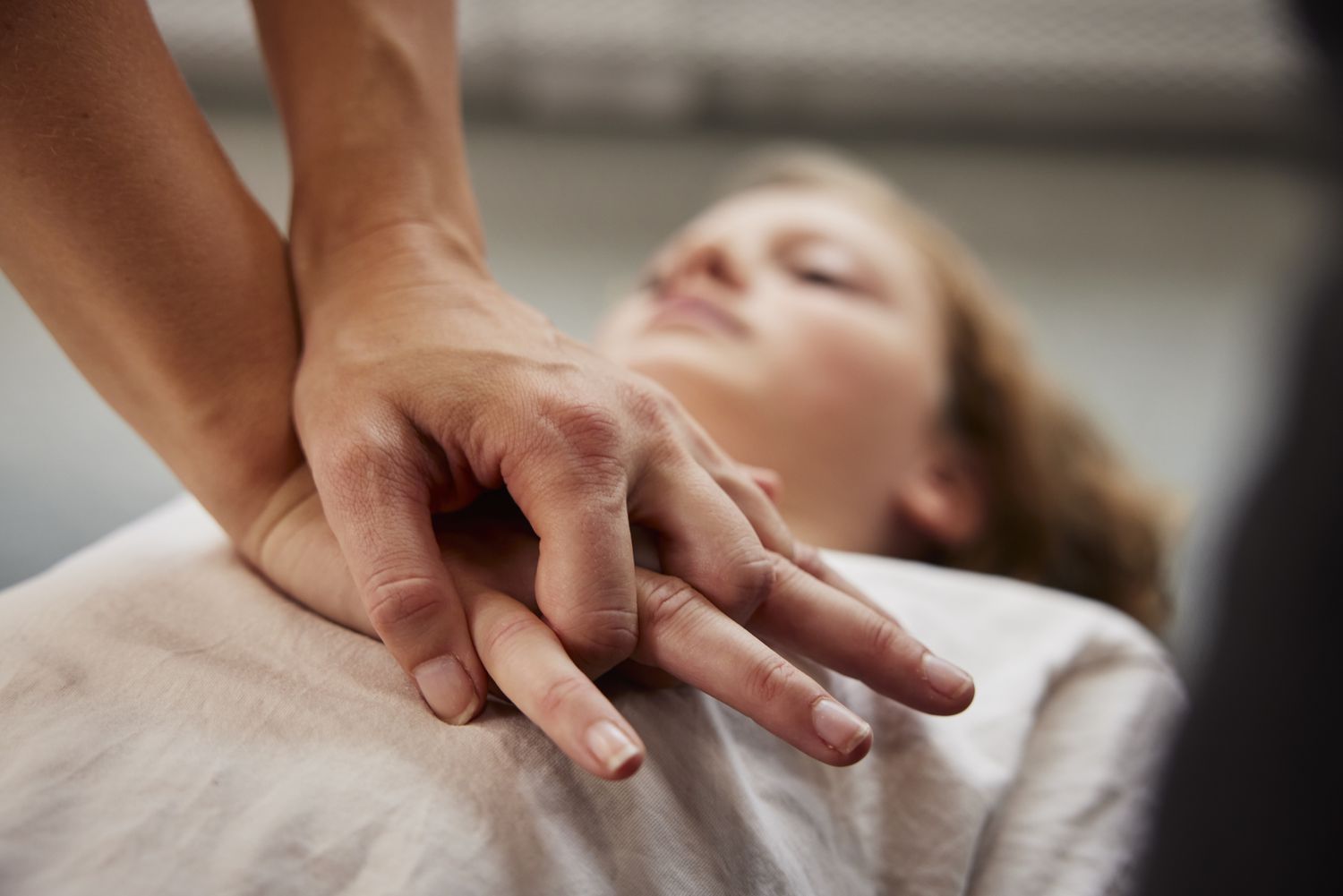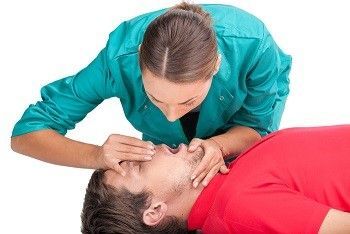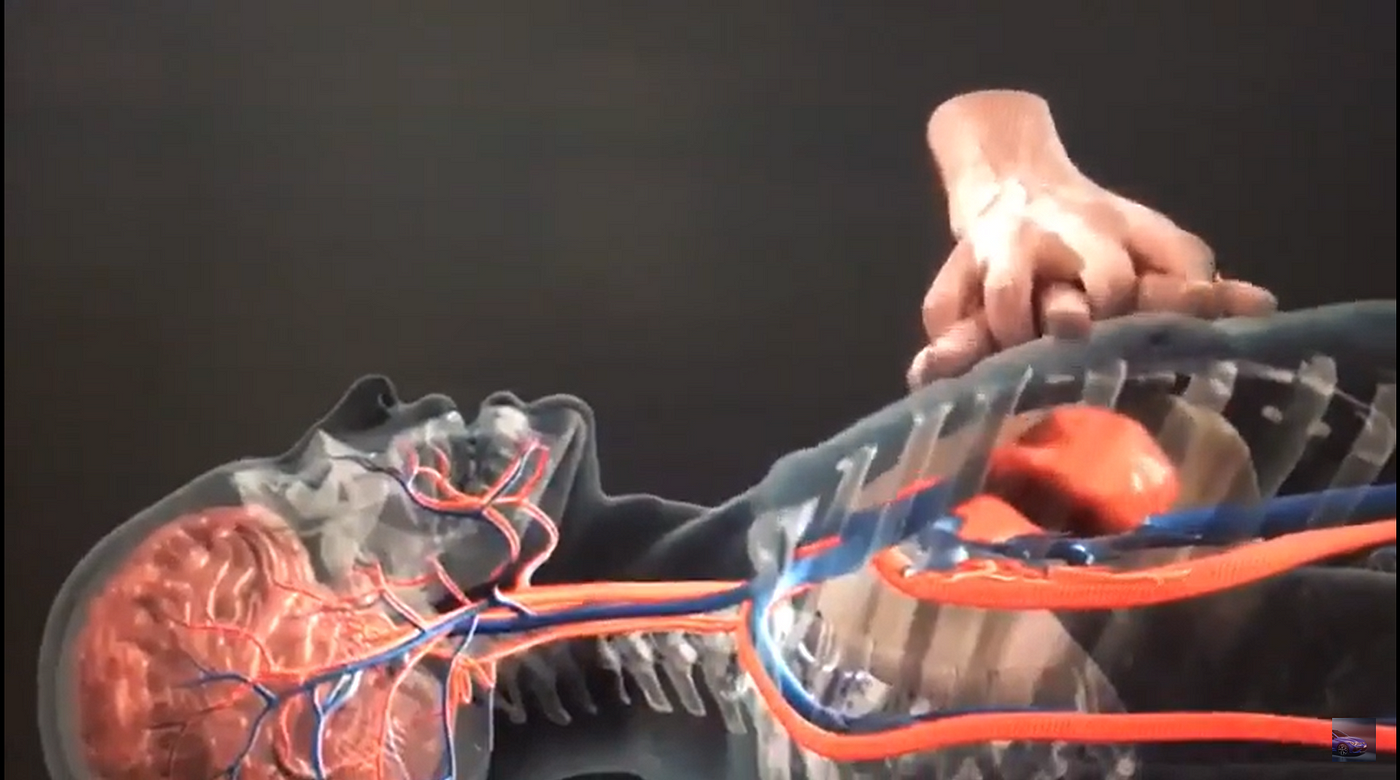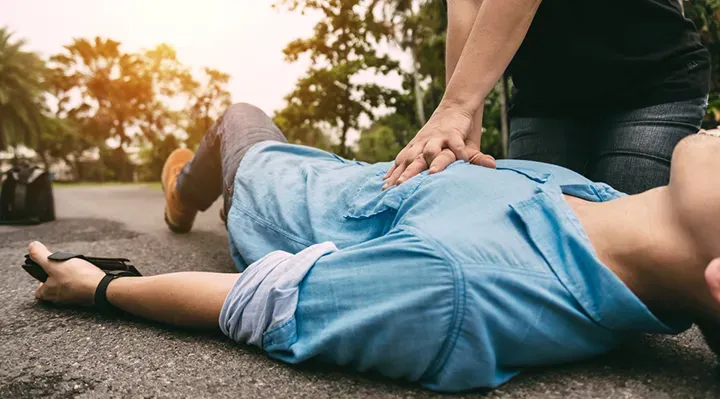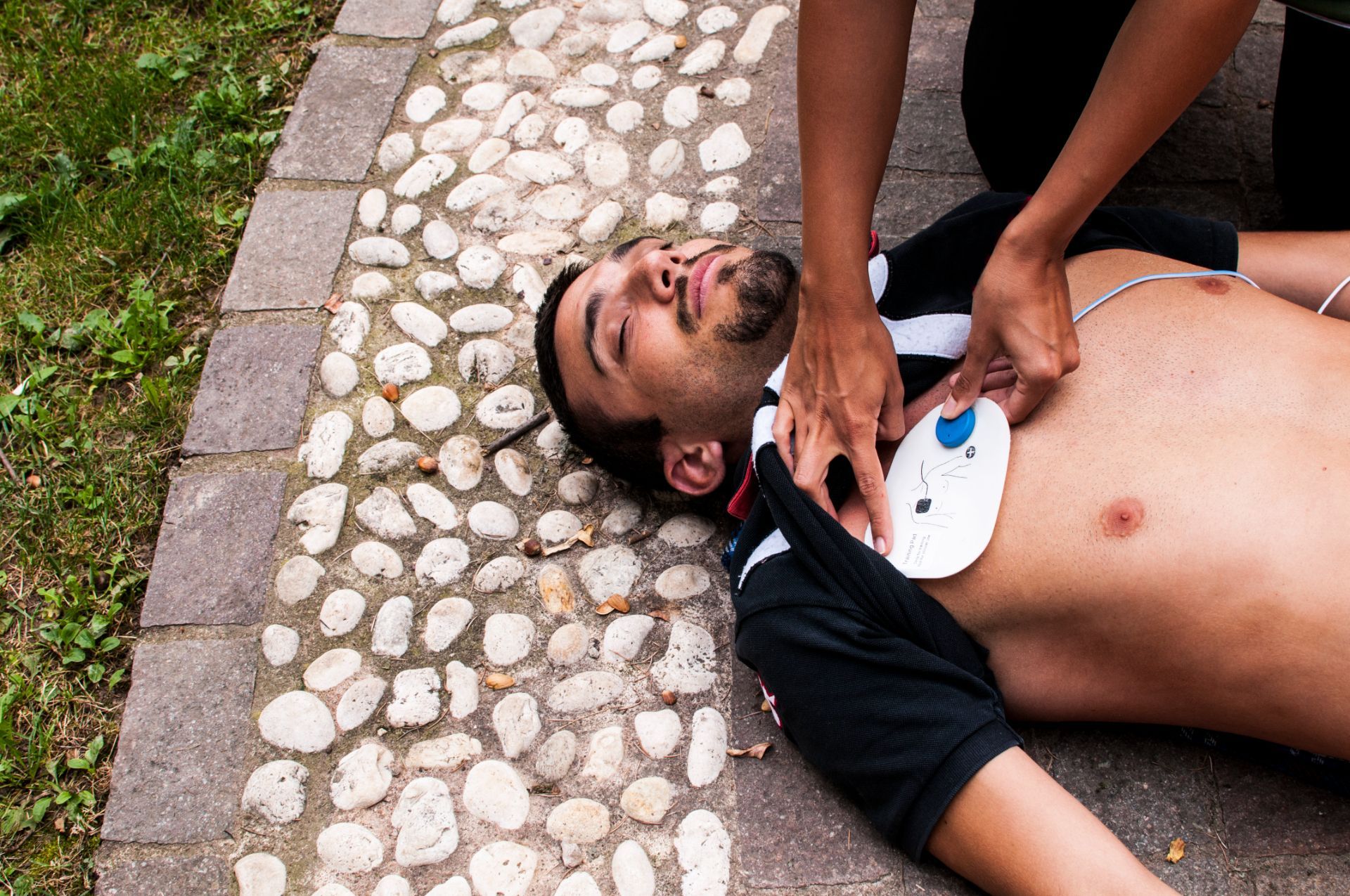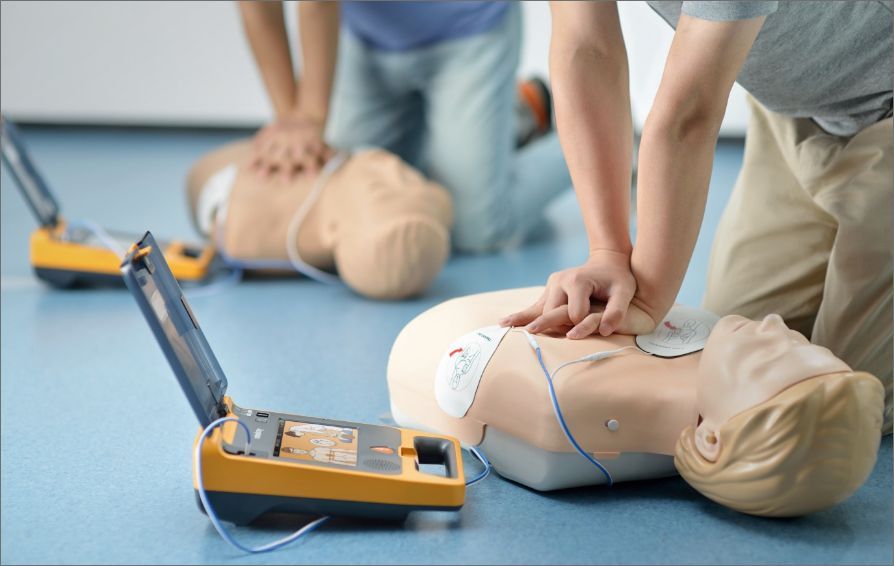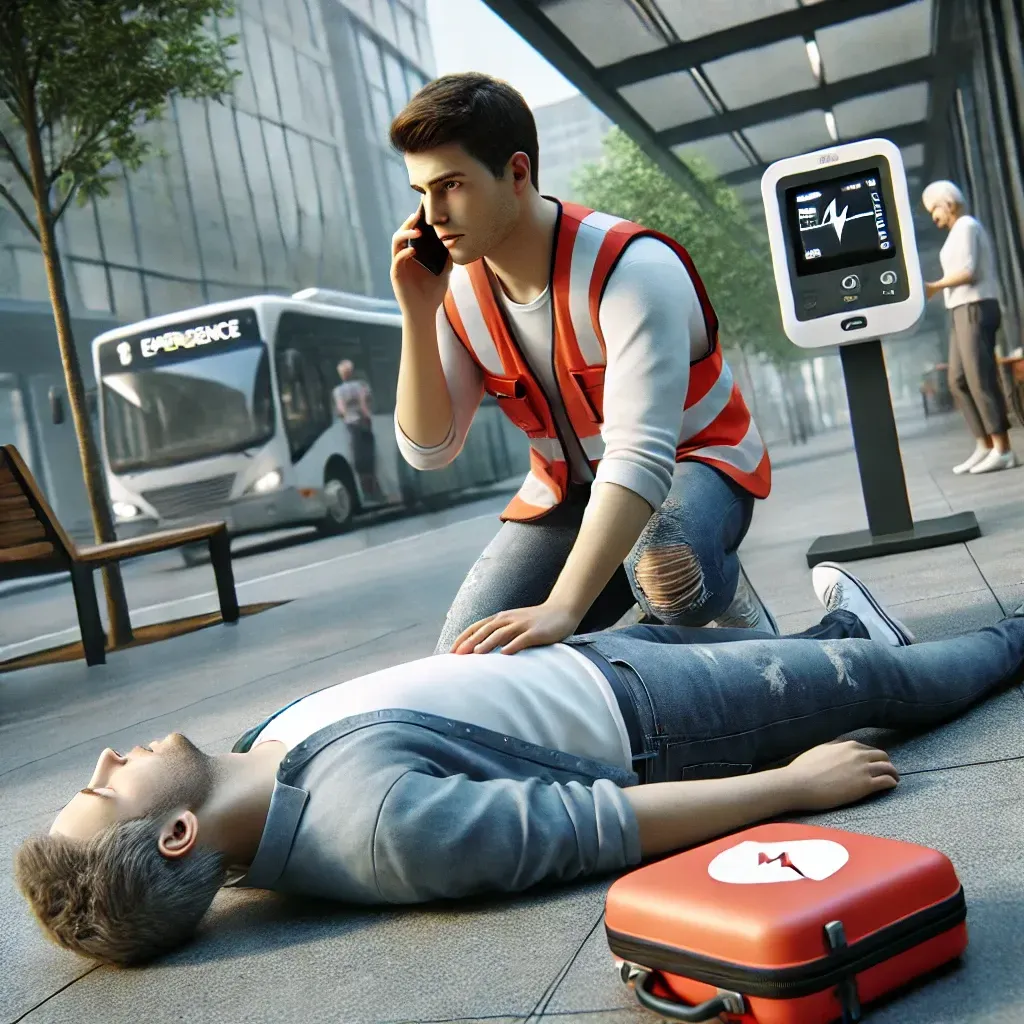How Much Does a CPR Class and Certification Cost?
TLDR;
The cost of a CPR class and certification generally ranges from $20 to $300+, depending on the type of course, provider, and whether it's taken online or in person. Basic CPR classes are on the lower end, while advanced courses like ACLS or BLS for healthcare professionals are more expensive.
Why Getting Certified in CPR Is Worth Every Penny
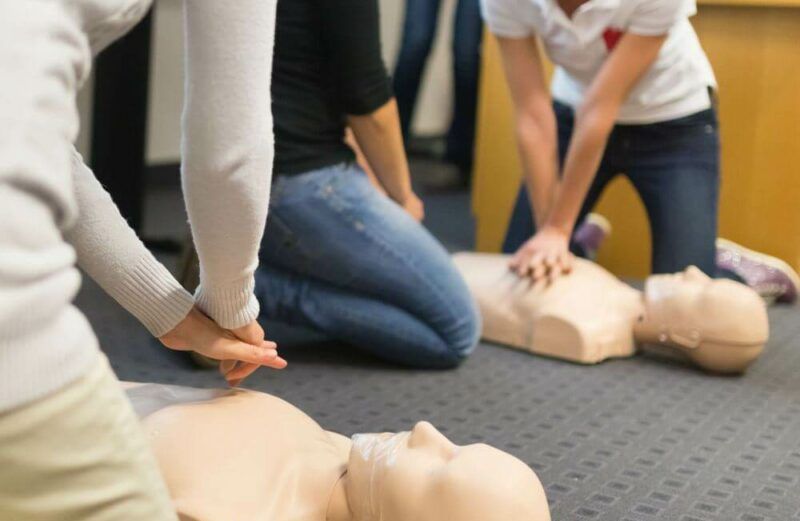
Learning CPR isn’t just about checking a box for a job requirement — it’s about being prepared to save a life. Whether you're a parent, a teacher, a healthcare provider, or a concerned citizen, getting certified in CPR equips you with the skills to take action when it matters most.
At CPR Professionals, we’ve seen firsthand how CPR training empowers people and transforms communities. Knowing CPR means you're not helpless in a crisis — you’re part of the solution.
What Is CPR Certification?
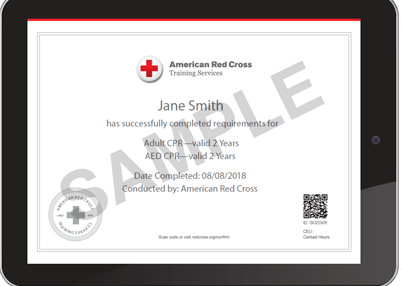
CPR certification means you've completed a course that teaches you how to perform cardiopulmonary resuscitation in emergencies. You’ll learn how to:
- Assess a person who is unresponsive or not breathing
- Perform chest compressions and rescue breathing
- Use an automated external defibrillator (AED)
- Respond in real-world emergency scenarios
Who Needs CPR Training?
People from all walks of life benefit from CPR certification:
- Parents and babysitters caring for infants or children
- Teachers and school staff managing large groups of kids
- Fitness trainers and coaches ensuring client safety
- Lifeguards, police officers, and first responders
- Healthcare professionals (required to have BLS or ACLS certification)
Types of CPR Courses & How Much They Cost
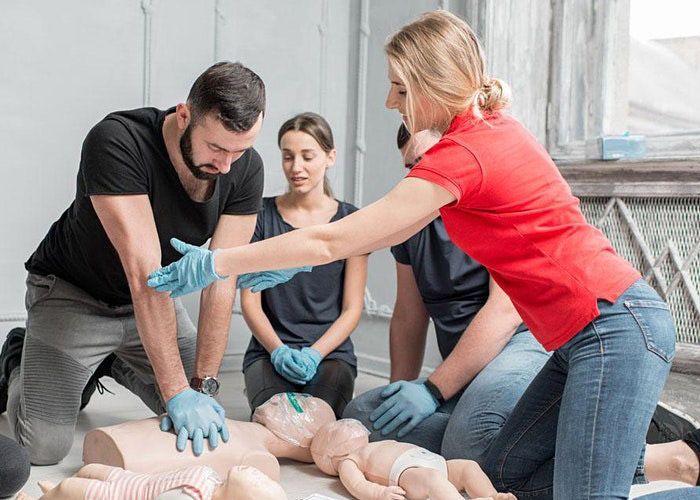
Here’s a full breakdown of the most common types of CPR classes and their typical price ranges in the U.S. Each course serves different needs, and prices vary depending on format and provider.
Basic CPR or CPR/AED Course
Cost: $20–$60
- Covers adult, child, and infant CPR
- Includes AED usage
- Ideal for general public, workplace requirements
CPR with First Aid
Cost: $50–$140
- Combines CPR with basic first aid training
- Teaches how to handle burns, wounds, choking, and other injuries
- Often required for childcare providers or teachers
BLS (Basic Life Support) for Healthcare Providers
Cost: $60–$300
- For nurses, EMTs, and other medical professionals
- Includes high-performance CPR, bag-mask technique, and team dynamics
- Certification typically from AHA or Red Cross
ACLS (Advanced Cardiovascular Life Support)
Cost: $100–$300+
- For advanced healthcare roles (e.g., ER nurses, anesthesiologists)
- Includes ECG interpretation, medication usage, and advanced algorithms
Pediatric CPR
Cost: $25–$50
- Focuses on
infant and child-specific emergencies
- Great for new parents, daycare staff, or pediatric nurses
Why CPR Certification Prices Vary
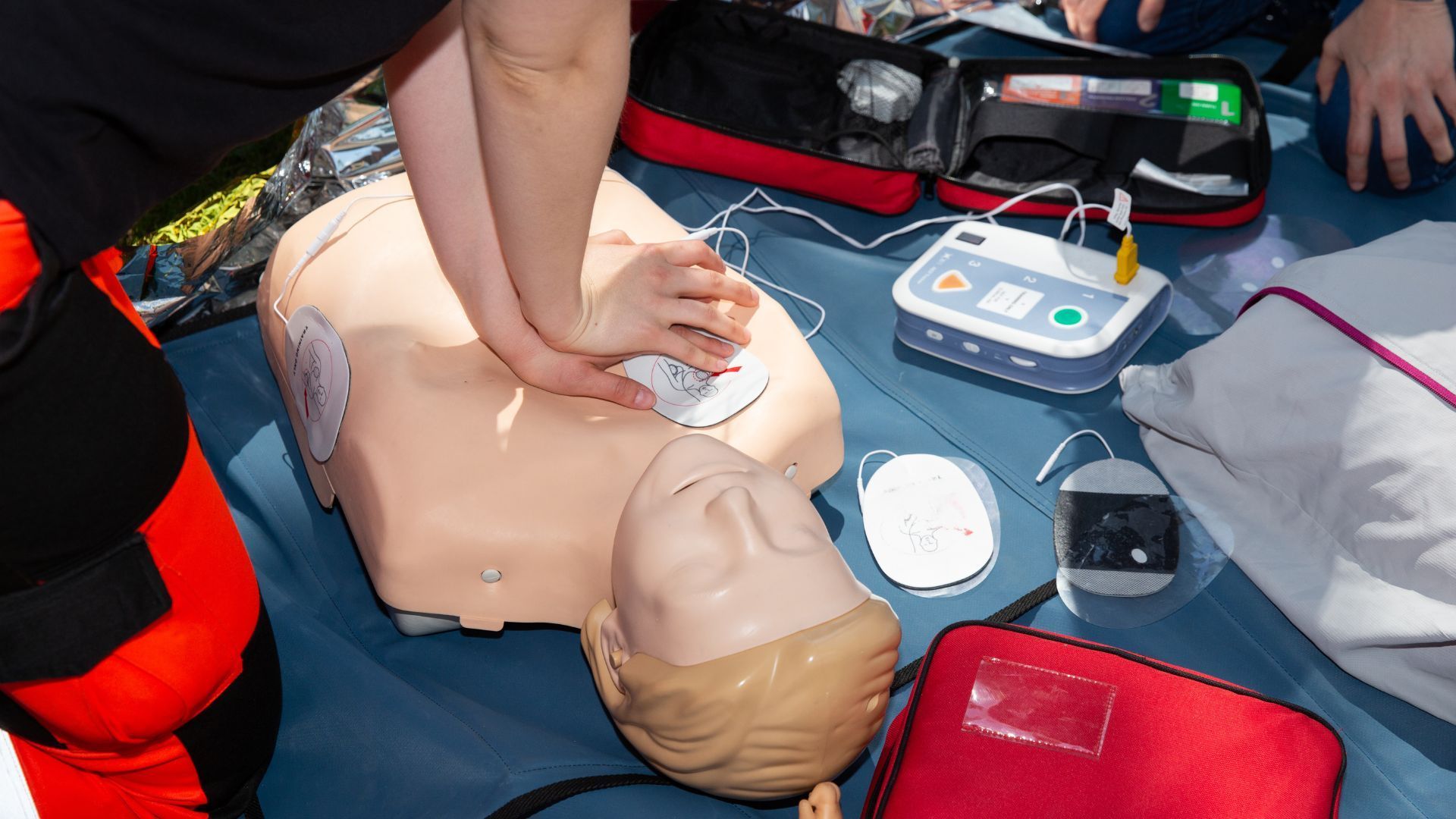
Several factors influence how much you’ll pay for CPR training. Understanding these can help you find the best option for your budget and needs.
1. Course Type
- Basic CPR is cheaper than BLS or ACLS.
- Courses that include First Aid cost more than CPR-only.
2. Format: Online vs In-Person vs Blended
- Online courses are generally cheaper ($14–$60), but may lack hands-on components.
- In-person training costs more but is essential for certain certifications.
- Blended learning combines online theory with in-person skills checks.
3. Certification Duration & Renewal
- Most certifications are valid for
2 years.
- Renewals may cost slightly less than full courses, depending on provider.
4. Materials & Add-ons
Some providers include:
- Printed manuals
- Pocket masks
- Practice dummies (for home use)
- Completion or wallet cards
These extras can increase the total price.
Comparing Online and In-Person CPR Classes
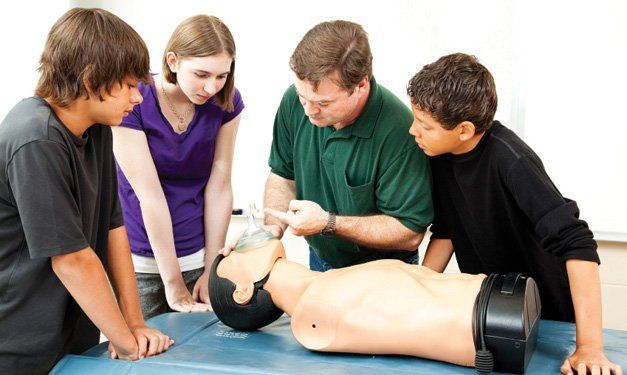
Online CPR Certification Cost
Cost: $14–$70
- Great for self-paced learners or non-healthcare jobs
- Quick and convenient
- May not meet employer or state requirements
In-Person CPR Class
Cost: $40–$300+
- Includes hands-on training and skill evaluation
- Required for many jobs in healthcare and education
- Offers immediate instructor feedback
When Should You Choose In-Person Over Online?
If your employer, state, or industry requires
AHA or Red Cross certification, you’ll likely need an in-person or blended format. This ensures your training meets professional and legal standards.
How Long Is CPR Certification Valid?
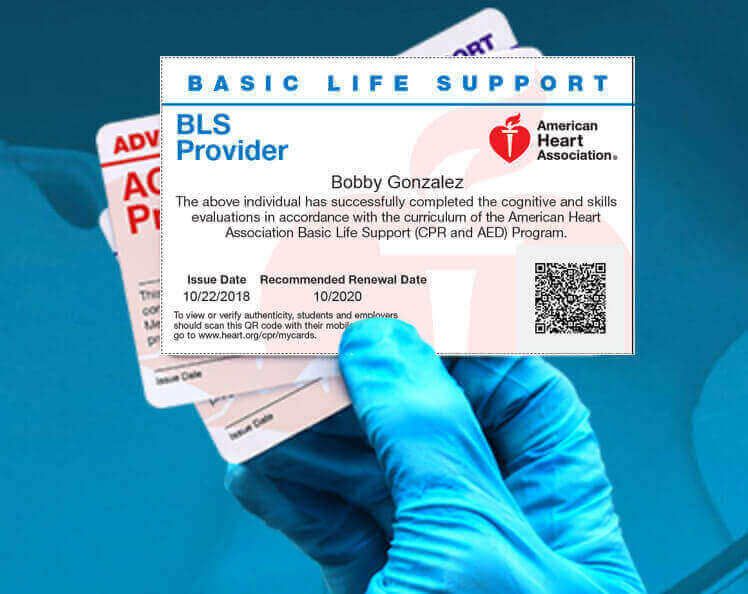
Most certifications last 2 years from the issue date. It's important to renew before your certification expires.
CPR Recertification Cost
Cost: $20–$100
- Shorter than the initial course
- Often taken online or as a one-day in-person class
- Some providers offer discounts for returning students
Can You Get CPR Classes for Free or at a Discount?
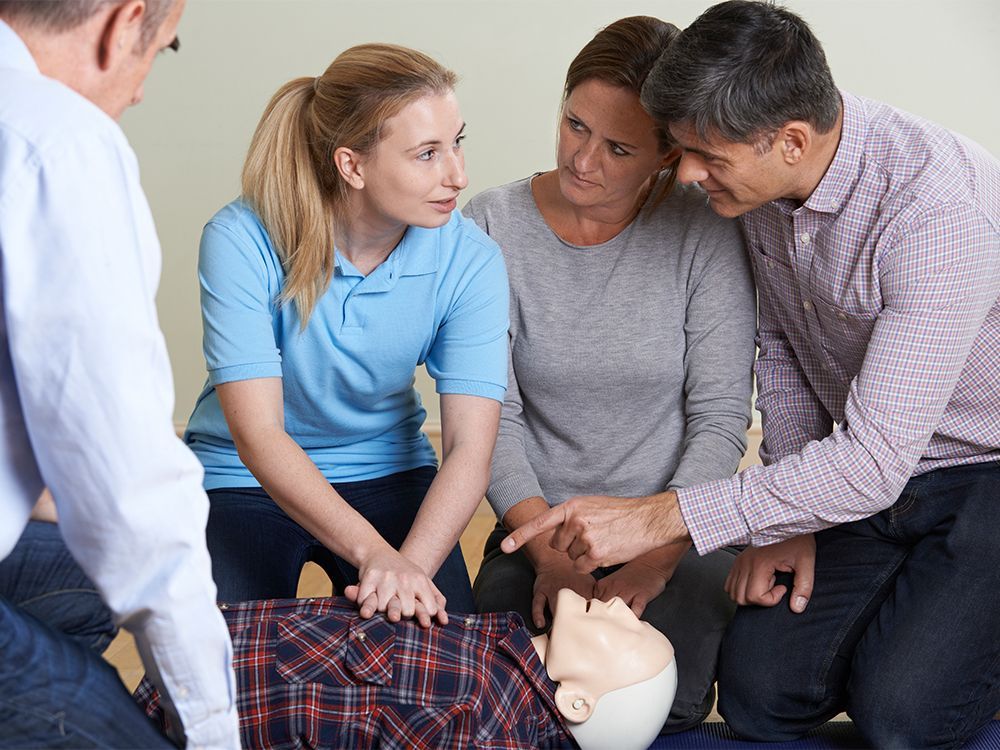
Yes — there are several ways to reduce or eliminate the cost of CPR training.
1. Employer Reimbursement
Many workplaces reimburse employees who complete a CPR course:
- Healthcare facilities
- Gyms and fitness studios
- Childcare centers
- Construction companies
2. Discounts Available
Some groups may qualify for reduced rates:
- Students
- Military members
- Nonprofits
- First responders
- Group or bulk training purchases
Ask
CPR Professionals about our group discounts and custom corporate training packages.
How to Save Money on CPR Certification
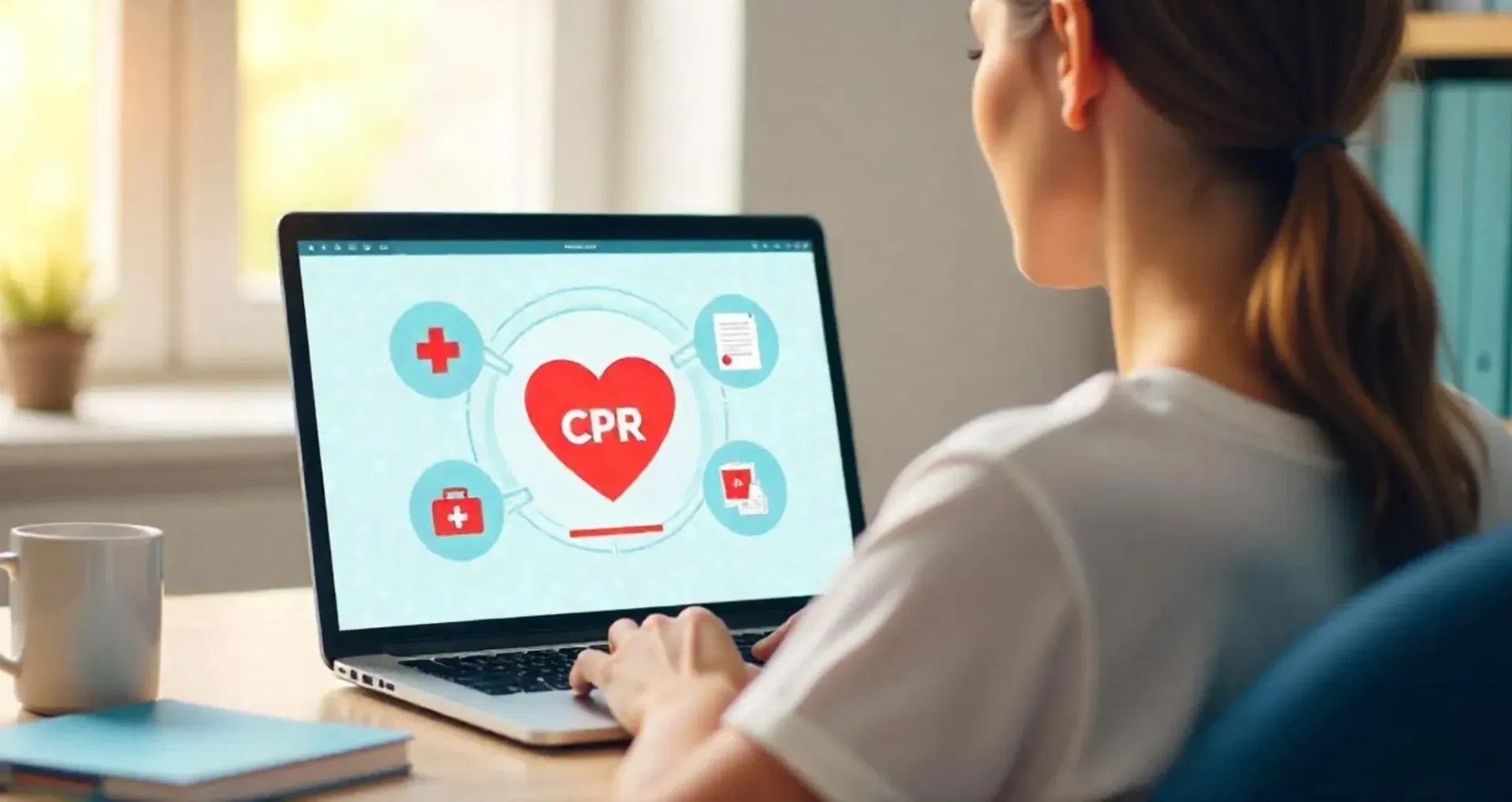
You don’t have to break the bank to get certified. Here are smart ways to save:
- Choose online-only courses if hands-on isn’t required
- Look for local Red Cross or community-hosted events that offer low-cost or free CPR training
- Use promo codes found on provider websites
- Bundle CPR with First Aid training to get more for your money
- Check your local YMCA or fire department — some host free or discounted training sessions
- Or take your certification to the next level and
become a CPR instructor — a great way to earn income while spreading life-saving knowledge
Which CPR Course Is Right for You?
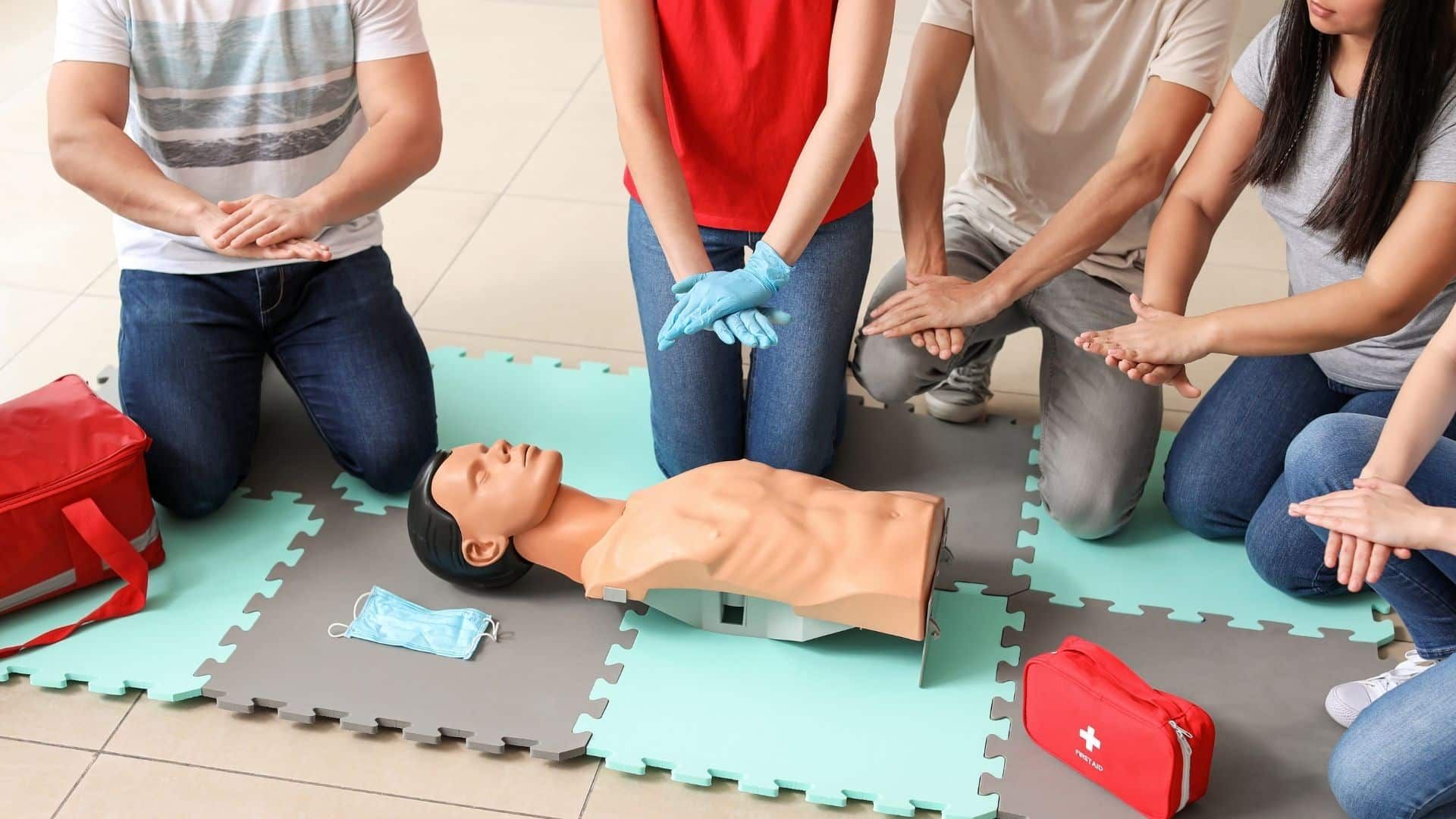
Choosing the right CPR class depends on your goals and your profession.
Ask Yourself:
- Is this for a job or personal knowledge?
- Do I need a course recognized by the American Heart Association or Red Cross?
- Will I need hands-on skills testing?
- Do I need First Aid or Pediatric CPR included?
For Example:
- Parents and babysitters: Look for Pediatric CPR or CPR/First Aid combo
- Healthcare workers: You’ll need BLS or ACLS with in-person skills testing
- Teachers and coaches: A CPR/AED + First Aid course may meet school requirements
- CPR Professionals offers guidance to help you pick the right course based on your role and state requirements.
Getting Certified in CPR Is Easy, Affordable, and Life-Saving
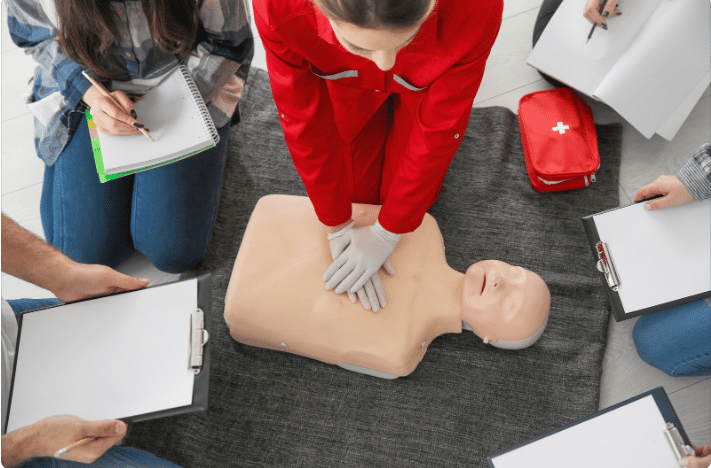
You don’t need a medical degree to make a life-or-death difference — just the right training. CPR classes cost between $20 and $300, and many people can access them for free or at a discount through employers or local organizations.
At CPR Professionals, we believe CPR education should be accessible to everyone. Whether you're learning CPR for work, family, or peace of mind, our courses are built for flexibility, accuracy, and confidence.
Ready to take the next step?
Visit our course page or contact us directly to
enroll in a CPR class today.
Frequently Asked Questions
What’s the average CPR class cost?
Between $20 and $300, depending on the course type and format.
How long does CPR certification last?
Most certifications are valid for 2 years before renewal is needed.
Can I get CPR certified online?
Yes — but online-only certification may not meet job requirements, especially in healthcare. A blended format is often a better choice.
